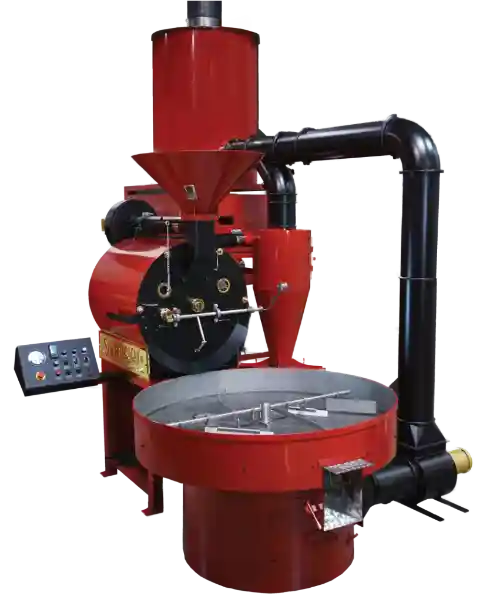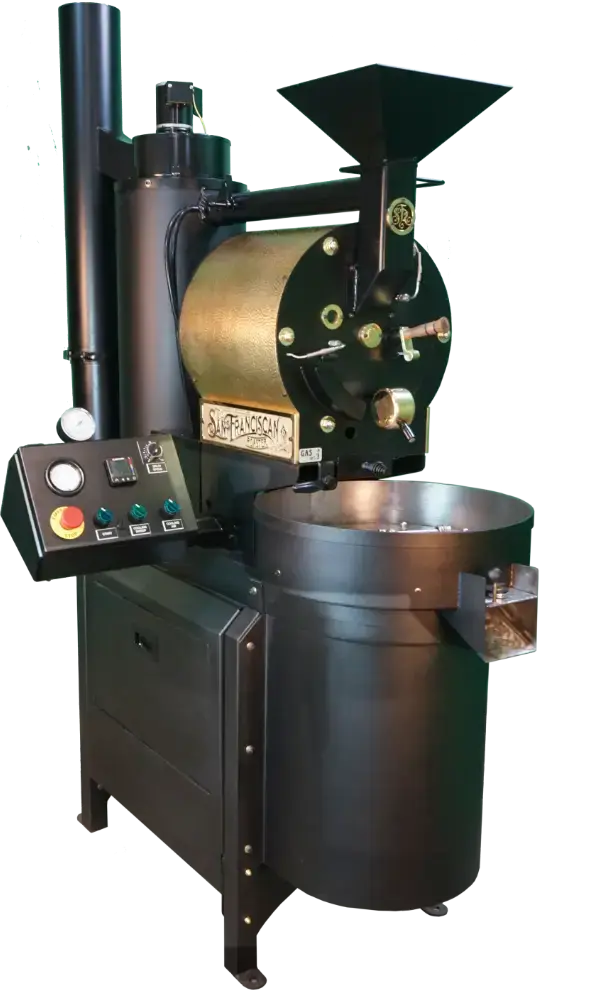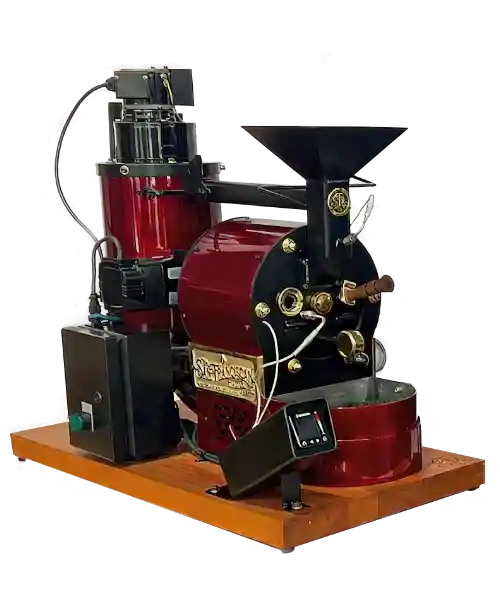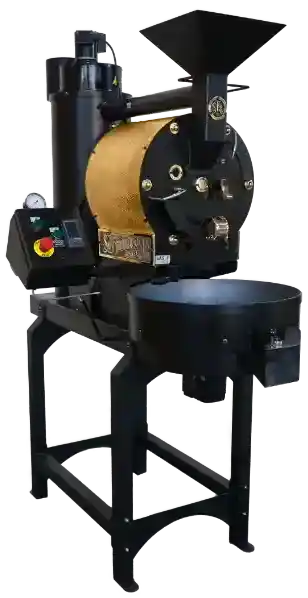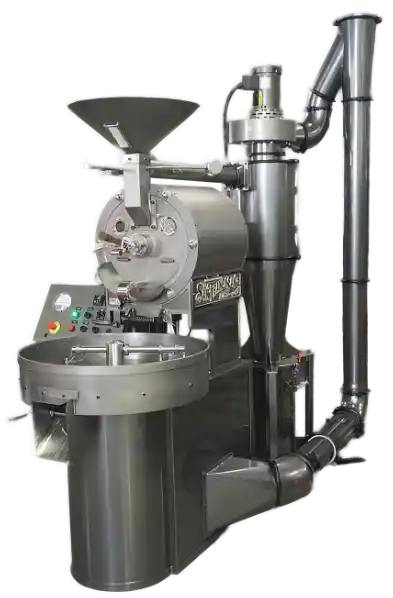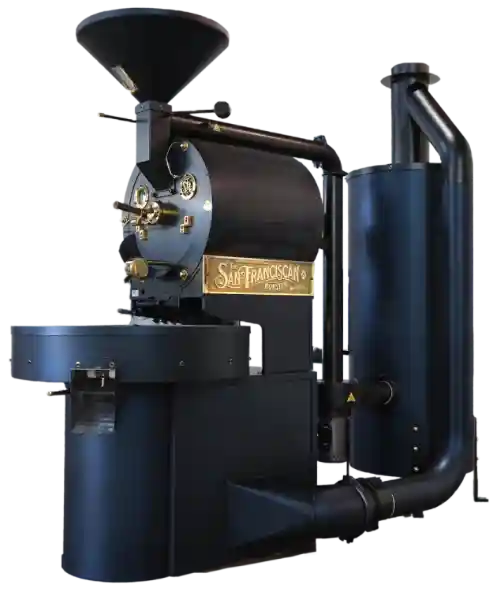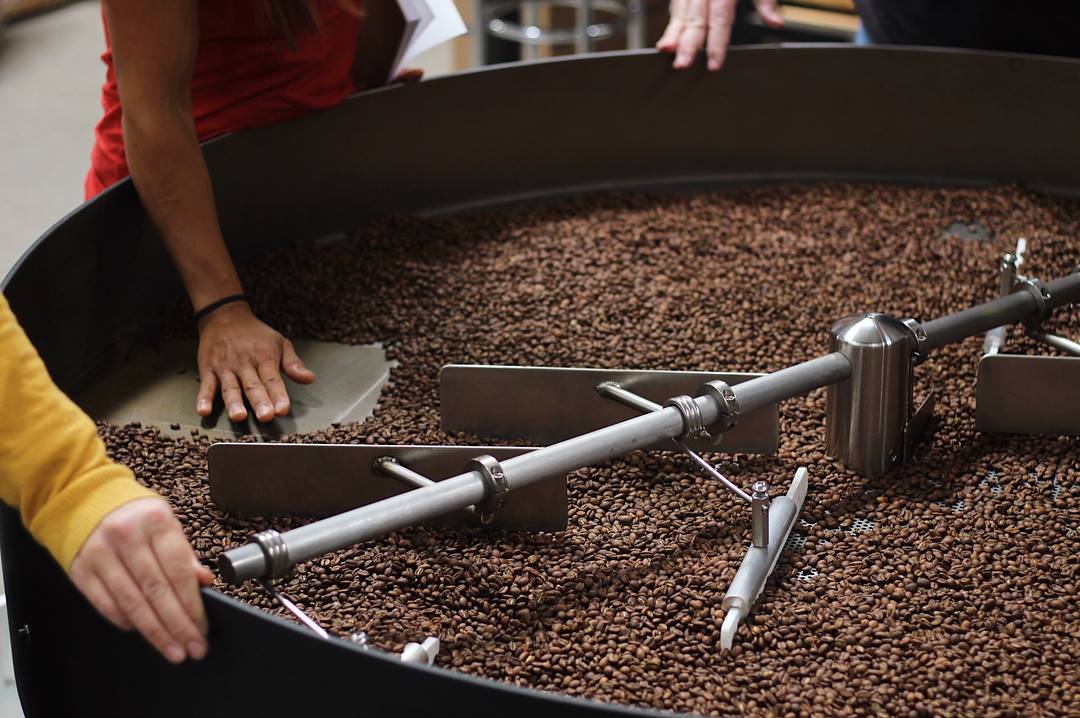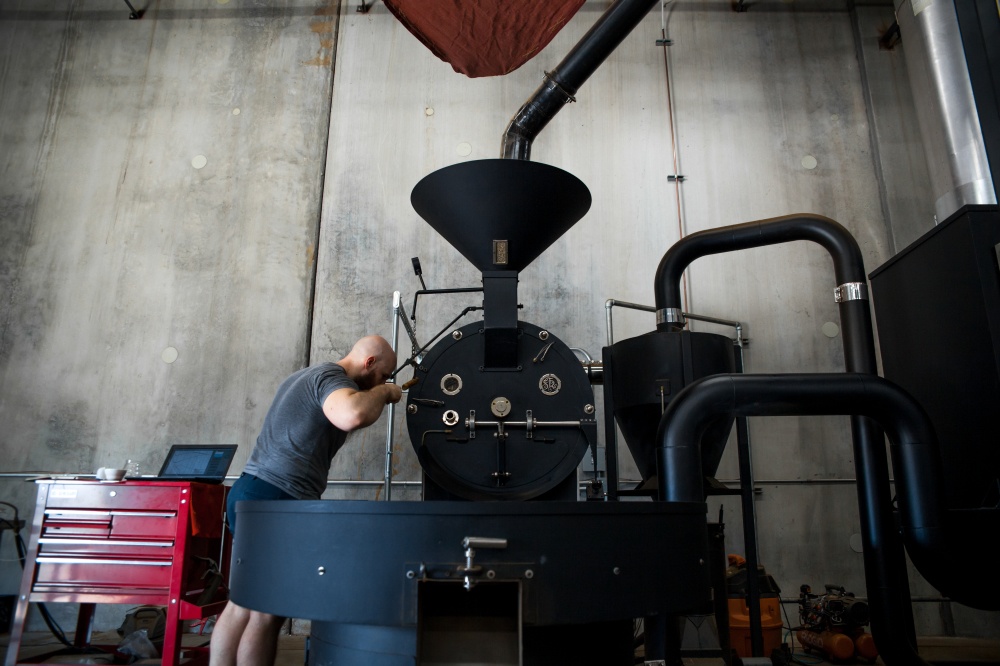Bridging The Gap Between Coffee Farmer and Coffee Consumer
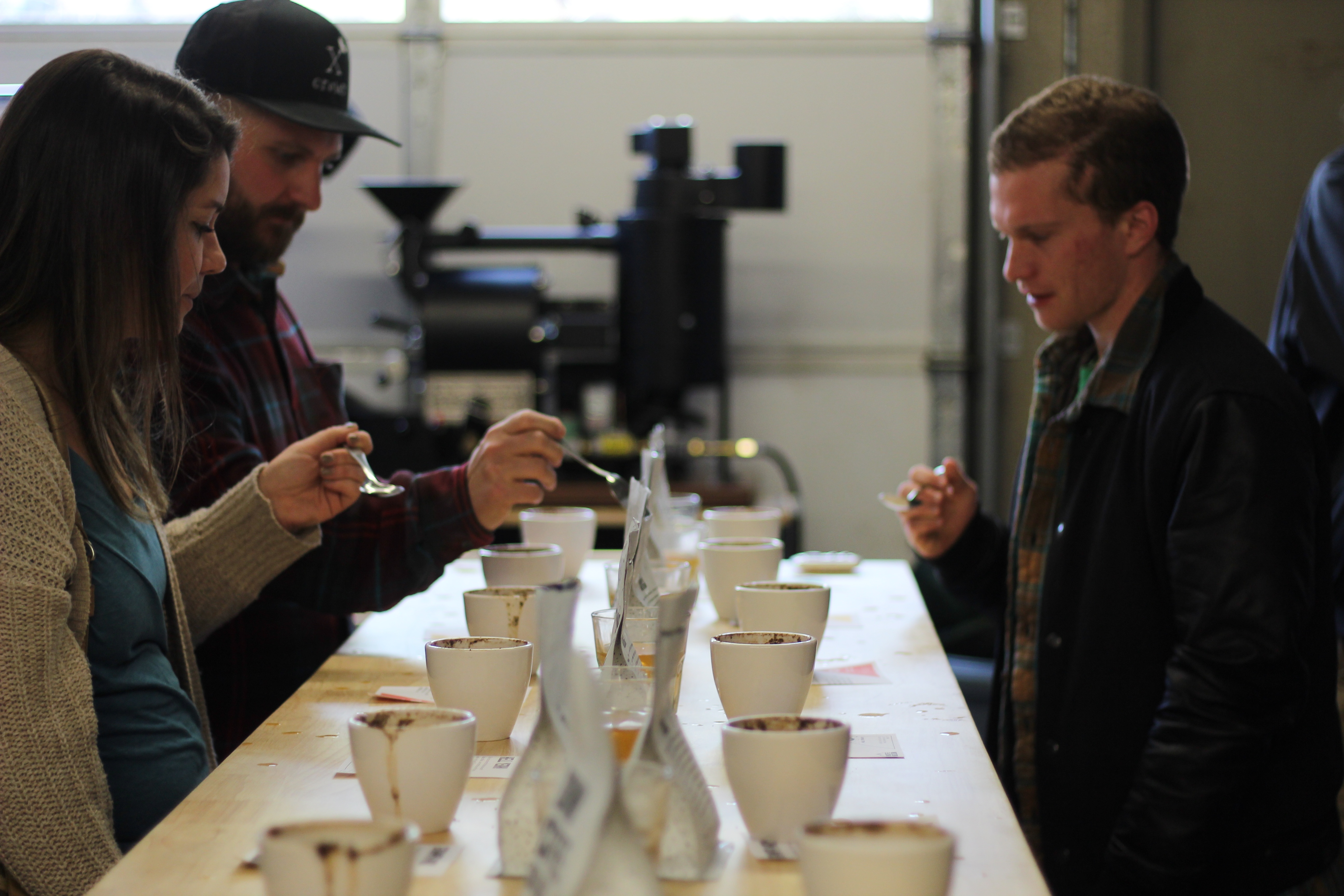 Specialty coffee roasting is an exciting journey to embark on whether you’re working as a part-time barista at your local coffee house or an entrepreneur who’s looking for the next challenge. The coffee roasting industry is simultaneously a global enterprise while being incredibly individualistic. In most cases, specialty coffee roasters, brands, and shops are managed by only a handful of people. And not every coffee roaster has his or her own coffee shop or coffee house. Thanks to the internet and online shopping, many coffee roasters are able to ship their product all around the world. In order for a batch of coffee beans to achieve the distinction of specialty coffee, the coffee roaster must use his or her personal skills and abilities to create something truly unique. Unlike mass-produced coffees, specialty coffee roasting boasts a personal touch that allows it to stand apart from the rest. It’s also necessary to use a specialty coffee roaster like the ones available from the San Franciscan Roaster Company. We build our products by hand to your exact specifications.
Specialty coffee roasting is an exciting journey to embark on whether you’re working as a part-time barista at your local coffee house or an entrepreneur who’s looking for the next challenge. The coffee roasting industry is simultaneously a global enterprise while being incredibly individualistic. In most cases, specialty coffee roasters, brands, and shops are managed by only a handful of people. And not every coffee roaster has his or her own coffee shop or coffee house. Thanks to the internet and online shopping, many coffee roasters are able to ship their product all around the world. In order for a batch of coffee beans to achieve the distinction of specialty coffee, the coffee roaster must use his or her personal skills and abilities to create something truly unique. Unlike mass-produced coffees, specialty coffee roasting boasts a personal touch that allows it to stand apart from the rest. It’s also necessary to use a specialty coffee roaster like the ones available from the San Franciscan Roaster Company. We build our products by hand to your exact specifications.
What’s Really Going On In Your Coffee Cup?
The phrase “a calm sea never made a skilled sailor” can easily be applied to specialty coffee roasting. Potential coffee roasters must traverse through treacherous seas in order to gain the distinction of “roastmaster.” The act of specialty coffee roasting is very similar to an art form. Every roaster is different. Since their wants, needs, skills, and abilities vary from coffee house to coffee house, roasters from all across the nation and all around the world are able to produce a plethora of different roasts, even if they used the same green coffee beans from the start.
What Makes Specialty Coffee So Special?
Specialty coffee roasting is built upon the distinction of quality and excellence. The coffee is sourced from farm to cup meaning its journey requires harmony between every professional in the chain of coffee production, from the coffee farmer to the consumer. At the start of the chain is the coffee farmer. Coffee can only grow in very particular regions, with the correct altitude and climate. Unlike mass-produced coffee, specialty coffee tends to find its start in smaller farms often managed by families who have been cultivating coffee for generations. The farmer then meticulously checks the harvest for coffees that are free of defects before packaging the green coffee to be sold to a green coffee buyer. Green coffee buyers may be certified by the SCA as Certified Coffee Tasters or by the Coffee Quality Institute as Licensed Q Graders. It is the buyer’s job to determine the score of a coffee, ultimately assessing if it deserves the specialty quality grade.
A Brief Overview of SCA Grading and Cupping Protocols
Green coffee buyers are highly experienced and check the coffee’s quality through grading and cupping. The first step in this process is known as the Grading Green Coffee protocol. Full defects will be calculated on a basis of 350 grams of green coffee sample. Full defects may fall into Category 1 (primary) or Category 2 (secondary) defects. In order for a sample to garner a “specialty” grading, it must have zero Category 1 defects and no more than five Category 2 defects.
Once the sample receives a “specialty” grading, it’s time to actually sample the coffee in order to accurately assess its quality. This process, which is known as “cupping,” is made up of many intricate and detailed steps. Cupping is necessary to evaluate the sample’s roast color, fragrance, flavor, and sweetness (among many other details). Once every detail is scored, the sample’s final score is calculated. 90-100 is classified as “outstanding,” 85-99.99 is seen as “excellent” while 80-84.99 is determined as “very good.” These three scores signify specialty coffee. If the score falls below 80.0 points, it is not considered specialty. Once the coffee garners the distinction of specialty coffee, it then goes over to the coffee roaster.
How the Roaster Unlocks the Coffee’s True Potential
Without the farmers or buyers, the roasters would have nothing with which to roast. Turning green coffee beans into something delicious and original takes skill. It’s a casual alchemy, an understandable transmutation that uses heat in order to unlock the true potential of the coffee bean. Let’s say you’ve spent most of your late teenage years working as a barista at a local coffee shop. Throughout your time in this position, you’ve noticed the pure joy people feel when they sip a cup of truly wonderful coffee. For some time now, you’ve been saving up to buy your very own coffee roaster so you could open your dream coffee house with a few friends. Hopefully, you’ve done the appropriate research before embarking on your journey. Roasting high-quality coffee is no walk in the park. In fact, most specialty coffee roasters are certified by the Specialty Coffee Association only after they have completed a plethora of courses as well as hands-on training.
Enhance Your Abilities
Perhaps you picked up some roasting skills at the particular coffee shop where you worked. This is a great stepping stone but in order to understand what truly goes into coffee roasting, it’s necessary to gain as much knowledge and experience as possible. This is where the San Franciscan Roaster Company comes into play. If you purchase an SF-6 roaster, you’re welcome to visit our factory in Carson City, Nevada in order to learn all there is to know about your roaster. But if this is your first foray into coffee roasting, it’s in your best interest to visit the Coffee Roasting Institute - Blue Ridge Campus in North Carolina. As a Specialty Coffee Association Premier Training Campus, CRI - Blue Ridge Campus gives students the ability to gain first-hand knowledge and experience in the world of coffee roasting. Classes have a 6:1 student to teacher ratio in order to maximize learning efficiency. The goal of the course is to help individuals roast with confidence. Other courses are also available for individuals who want to learn the ins and outs of running a successful coffee house or coffee roasting company. When you enroll in the CRI - Blue Ridge Campus, you’ll practice on San Franciscan Roasters so when you go back home, you’ll be able to use your own San Franciscan Roaster as you’re meant to!
Become an Integral Part of the Specialty Coffee Roasting Community
Once you gain the distinction of specialty coffee roaster, it’s time for your coffee to be enjoyed by your consumer. In order to fully unlock the flavors so the consumer can enjoy the drink as it’s meant to be, it’s best to have an experienced barista take care of this step. Whether the consumer knows or not, the coffee in their cup had to traverse through a long, perilous journey in order to become the hot, delicious liquid they’re currently enjoying. Although every step of the way is understandably important, the coffee roasting step is the “make or break” moment. An unskilled roaster can make the highest quality beans taste like sludge. It’s necessary for every participant in the chain of specialty coffee to be completely devoted to the art and craft of coffee. If you have any questions about the specialty coffee roasting industry or how to become part of this wonderful community, we can help. Contact the San Franciscan Roaster Company today to learn more about how our machines can make your dreams of coffee roasting a reality!

